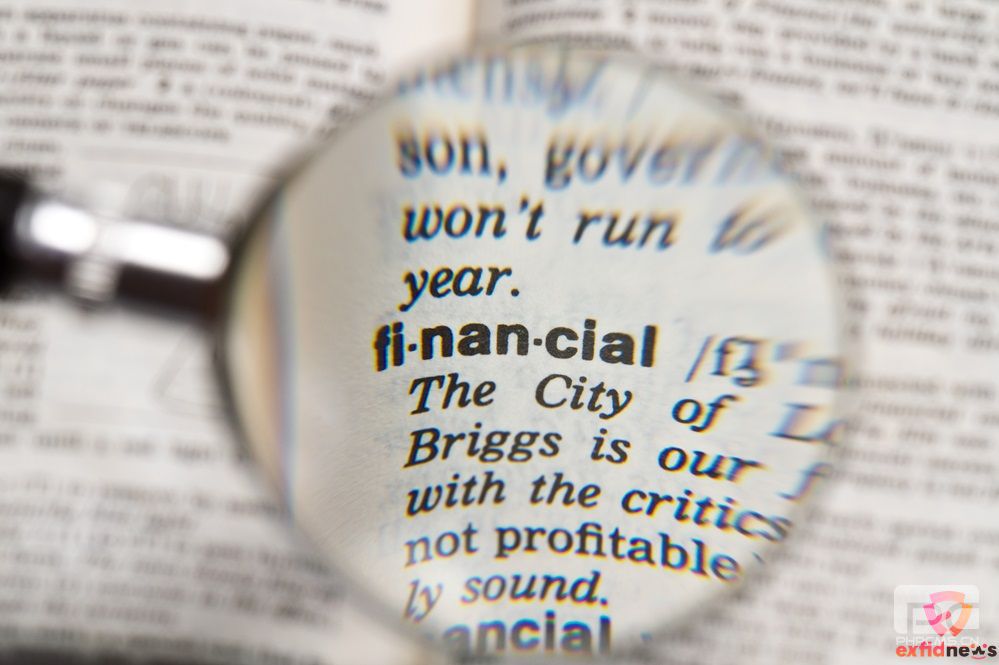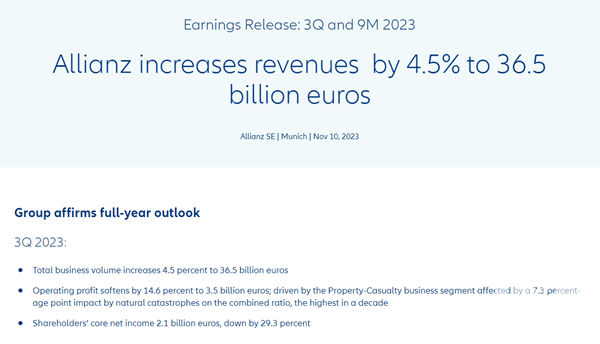The U.S. government, with its AA+ credit rating, finds itself paying higher borrowing costs than Vietnam, which has a junk credit rating. This reversal of fortunes stems from the Federal Reserve's interest rate hikes since 2021, causing bond yields to nearly triple. Currently, the yield on the U.S. 10-year Treasury bond has reached 4.5%, surpassing Vietnam's 2.8%.

As a system where massive funds flow between major borrowers and lenders, the global debt market, as of the end of 2022, was reported by the International Monetary Fund to have reached $235 trillion, almost ten times the entire size of the U.S. economy. This colossal system is built upon trust and a clear rating system, with each borrower occupying a position in the market based on its credit rating.
However, the soaring borrowing costs in the United States have disrupted some traditional notions in the bond world. This is mainly due to the Federal Reserve's crackdown on inflation, with the magnitude of its interest rate hikes being the largest in 20 months, causing interest rates on U.S. bonds to surge. Surprisingly, the borrowing costs for the United States are higher compared to countries with lower credit ratings such as Vietnam, Morocco, and Bulgaria.
Concerns about the deteriorating state of U.S. public finances are also permeating the market. U.S. total debt has doubled over the past decade, reaching $33.7 trillion, equivalent to 25% of the gross domestic product. Downgrades from credit rating agencies and concerns about high-interest rates have further exacerbated market unease.
The U.S. economy is expected to enter a recession next year, with UBS predicting an unprecedented rate cut by the Federal Reserve after March 2024, estimated at 275 basis points. This forecast contrasts sharply with previous expectations for the U.S. economy by UBS, envisioning a "Roaring Twenties" defined by higher GDP growth, inflation, bond yields, and interest rates.
This globally watched situation has sparked extensive discussions about the future trajectory of the U.S. economy, and the market is fraught with uncertainty regarding the measures the Federal Reserve might take and their impact on the global economy.




Copyright © 2023.Yooke studio All rights reserved.
PKWEEKLY NEWS











